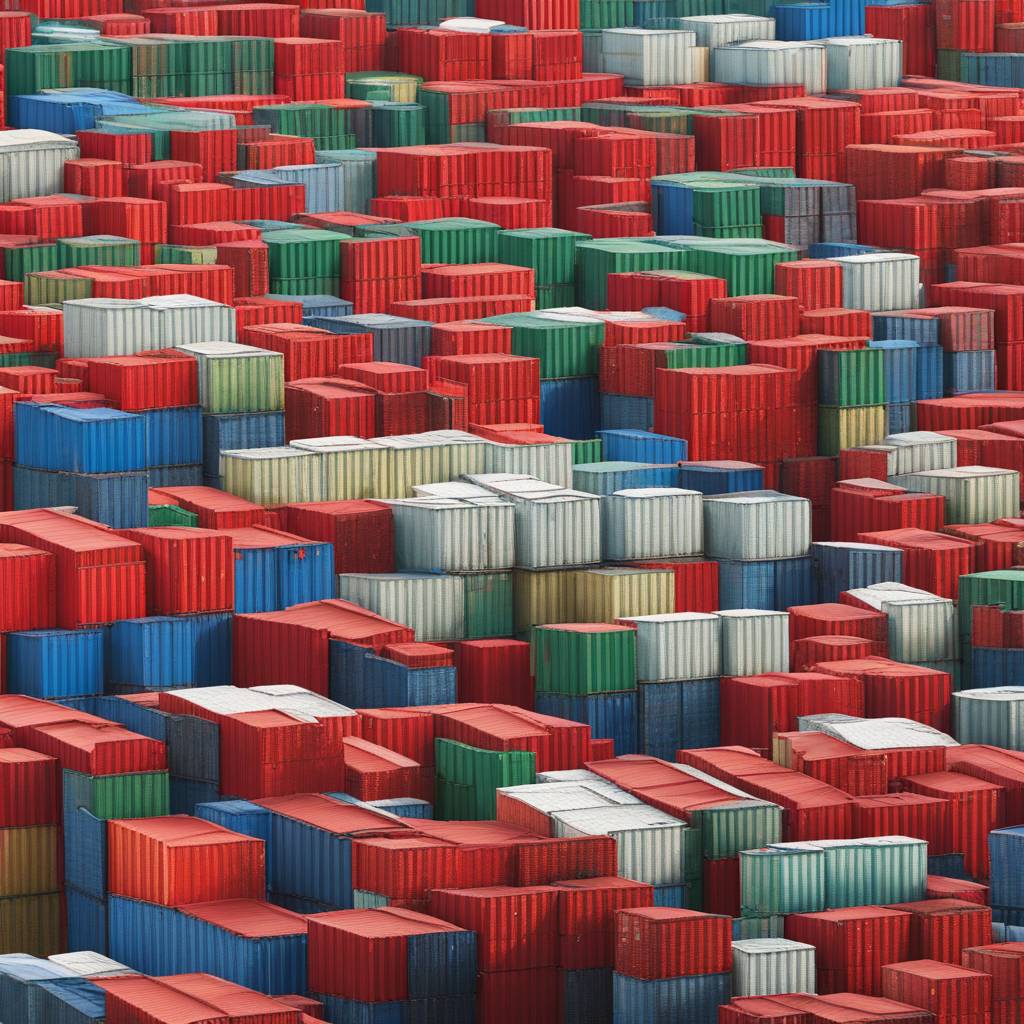Last summer, Treasury Secretary Janet L. Yellen traveled to Beijing to re-establish a dialogue between the United States and China and stabilize the rocky relationship between the two countries. Despite progress in establishing economic working groups and holding meetings in San Francisco and Morocco, thorny economic issues continue to divide China and the United States. Yellen is set to visit Guangzhou and Beijing to discuss the state of the global economy, concerns about China’s green energy technology exports, and barriers to Chinese investment in the United States.
A top priority for Yellen is conveying the Biden administration’s concerns about China’s heavily subsidized green technology exports, which are distorting global markets. China’s surge in exports of electric vehicles, batteries, and solar technology has raised alarms in the United States, where significant investments are being made in developing these industries. The administration is considering new trade actions to protect these sectors from being undercut by China.
The Biden administration has kept tariffs on more than $300 billion of Chinese products, a significant source of tension between the two countries. Yellen has criticized the Trump administration’s tariffs as taxes on consumers, but rolling them back is challenging in an election year. The White House is considering relaxing some tariffs on U.S. consumers while imposing new ones focused on China’s green energy exports. Another round of U.S. solar tariffs could be implemented this summer.
The United States and China both welcome foreign investment but have policies that remain hostile. American companies operating in China have faced challenges such as office searches and harassment from Chinese authorities. Beijing is trying to change the perception that it is not a sound place for foreign investors, with Premier Li Qiang stating that the government is removing restrictions on foreign investment. However, concerns about China’s economy have led many foreign businesses to view the country as increasingly hostile.
The U.S. sanctions program overseen by Yellen has increasingly targeted China, with recent sanctions imposed on China’s elite hacking units for cyber activities targeting critical infrastructure in the U.S. and the U.K. Yellen has pressured China not to help Russia evade U.S. sanctions. The Treasury Department has also focused on firms in Hong Kong accused of helping Russia and Iran bypass American sanctions.
The United States has imposed restrictions on the sale of advanced computing chips and chip-making equipment to China, citing national security concerns. China has criticized these restrictions, alleging that the U.S. is trying to limit its access to critical technology products for advancing artificial intelligence and other next-generation technologies. The tightening controls are seen by China as part of a U.S. strategy to hinder its technological advancement.


